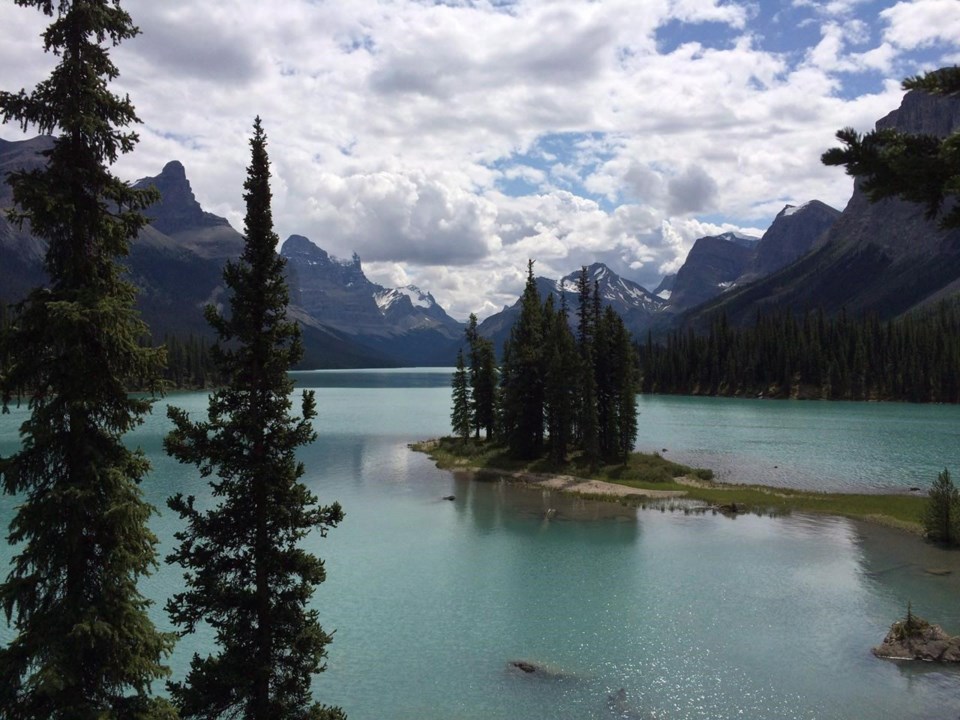A third First Nation wants Parks Canada to give its members increased access, including limited hunting rights, to Jasper National Park, saying they were evicted when it was created in western Alberta.
"Aseniwuche Winewak calls on Parks Canada to immediately enter into negotiations … restore our access to the park and to prioritize our involvement in the co-management of Jasper both as the park’s current neighbouring Indigenous Peoples and its former inhabitants," said an Oct. 27 letter from the band to Jasper National Park superintendent Alan Fehr.
Last weekend, Parks Canada held a ceremony in the park to help celebrate the re-establishment of an ancient treaty between the Simpcw and Stoney First Nations under which the two nations agreed to share the resources of what has become Jasper.
A Parks spokesman said at the time the ceremony was part of a larger move to reopen parks land to the First Nations that originally used its resources and restore their influence over parks management. The deal was marked with a hunt, the first in Jasper since 2017, which was also conducted under an agreement with Parks Canada.
Fehr said the ceremony didn't grant any new rights to any First Nation.
But David MacPhee, president of the Aseniwuche Winewak, said his people were being left out.
He said they also were evicted from the park in 1911. The band's oral history says the Mounties were brought in to remove them.
"At one point they had their rifles confiscated," said MacPhee. "That was an attempt to starve them out."
About 550 band members remain, mostly in the Grande Cache area.
The Aseniwuche Winewak has been recognized by Alberta, which has granted it a land base. Although the band has not been federally designated an official First Nation, federal bodies such as the Impact Assessment Agency of Canada often treat it as such.
The band has applied for adhesion to Treaty 8. Members continue to use lands immediately adjacent to the park.
"We are mountain people," MacPhee said.
The band's letter said its claim to historic ties are at least as strong as those of the bands recognized by Parks Canada.
"We are at a loss to understand why Parks prioritized agreements with two First Nations that are far removed from the park over reconciliation with Aseniwuche Winewak, the resident Indigenous Peoples of the park, who continue to live adjacent to the park and rely on the land and waters of the region to support our culture, well-being and way of life," it said.
MacPhee said his people were completely left out of discussions between Parks, the Stoneys and the Simpcw.
Fehr denied that they were ignored. He said the weekend ceremony was primarily about the Stoneys and the Simpcw celebrating the renewal of their treaty and didn't confer special rights on either of them.
"This wasn't something that Parks Canada initiated," he said. "The Simpcw and the Stoneys came to us."
He said more talks with Indigenous groups will be held over all activities in the park, including limited hunts.
"The AWN are more than welcome to participate," he said.
This report by The Canadian Press was first published Oct. 31, 2023.
Bob Weber, The Canadian Press



